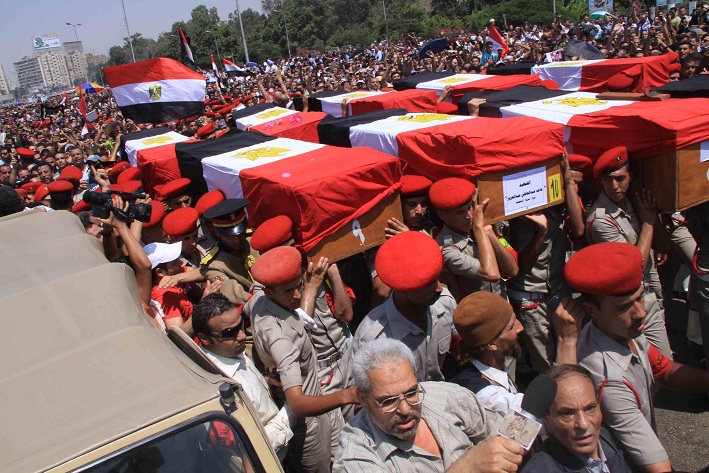High-resolution satellite imagery has revealed extensive destruction across the Sudanese city of El-Fasher, the capital of North Darfur, following its capture by the Rapid Support Forces (RSF) on 26 October. The takeover has triggered mass displacement, reports of widespread violence against civilians, and mounting international condemnation amid growing fears of Sudan’s further fragmentation.
Images captured by US-based satellite company Vantor on the day of the RSF advance showed plumes of smoke rising from the First-Class district near El-Fasher Airport and multiple fires raging through nearby residential areas. Additional imagery taken on 30 October revealed RSF military vehicles stationed around the Children’s Hospital and the Saudi Maternity Hospital, along with burned-out vehicles near sand barriers in the city’s northwest. Other satellite data indicated that RSF forces were digging defensive trenches around Suwailinga village northeast of El-Fasher.
According to the International Organization for Migration (IOM), at least 62,000 people fled El-Fasher and its surrounding areas between 26 and 29 October due to insecurity. Before its fall, the city was home to an estimated 260,000 civilians.
At the UN Human Rights Council in Geneva, Sudan’s permanent representative Hassan Hamid Hassan accused the RSF of committing “horrific atrocities” in El-Fasher and the town of Bara in North Kordofan, including ethnically targeted executions and the killing of patients, medical staff, and civilians inside the Saudi Maternity Hospital. He blamed international inaction and continued support from RSF’s foreign backers for enabling the crimes.
RSF commander Mohamed Hamdan Dagalo, known as Hemedti, acknowledged “violations” by his forces in El-Fasher but claimed that investigations were underway.
The U.S. Department of State condemned what it described as “mass atrocities” by the RSF and called for an immediate halt to ethnically motivated violence. It warned that “the tragedy of El Geneina must not be repeated,” referring to the 2023 massacre in West Darfur. Washington reiterated that there is no military solution to Sudan’s conflict and urged a cessation of external arms transfers that “only prolong the war.”
A report by The Guardian described the events in El-Fasher as “entirely predictable,” following a pattern of violence seen in previous Sudanese conflicts and in atrocities such as those in Rwanda and Liberia. The report recalled that some 15,000 civilians were killed in El Geneina in 2023, mostly from the non-Arab Masalit community, and that in April 2025, RSF fighters killed more than 1,500 displaced civilians at the Zamzam camp near El-Fasher within 72 hours.

The report also criticised the international community for failing to act despite clear warnings of mass violence and pointed to the Sudanese army’s withdrawal from cities including El-Fasher and El Geneina, leaving civilians vulnerable to massacres, looting, and abductions.
In Paris, hundreds of Sudanese, Arab, and French demonstrators gathered at Place de la Bastille on 1 November to protest what they described as genocide in Darfur and to denounce the “silence and complicity” of global powers, particularly France. Similar rallies took place in Berlin and other European capitals, calling for accountability and referral of crimes to the International Criminal Court (ICC).
Women have been among the most affected by the renewed violence. Sudan’s State Minister for Social Welfare Suleima Ishaq said at least 300 women were killed in the first two days after the RSF entered El-Fasher and reported widespread sexual violence. She described the route between El-Fasher and Tawila, where thousands have fled, as “a road of death,” calling the events “systematic ethnic cleansing.”
The war between the Sudanese Armed Forces (SAF) and the RSF, which erupted on 15 April 2023, has killed tens of thousands and displaced an estimated 13 million people, creating one of the world’s gravest humanitarian crises. The RSF now controls all five states of Darfur, while the SAF retains control over most of the remaining 13 states, including the capital, Khartoum.
Humanitarian agencies warn that continued fighting could trigger another mass exodus toward Chad, further worsening already dire shortages of food, medicine, and shelter in Darfur.


